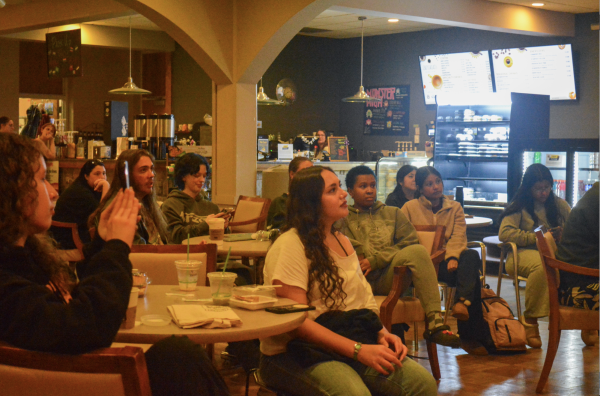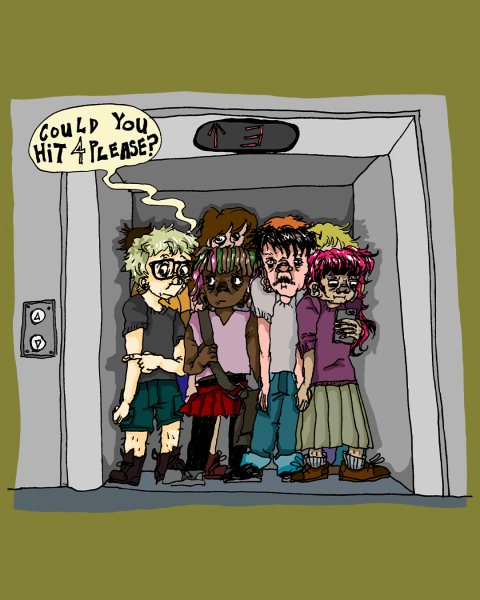Opinion: Why printed textbooks are superior to e-books
February 22, 2021
Pearson recently announced plans to shift to an online textbook system, making it possible for students to have access to their textbooks online. This would mean a big change for school systems, prompting them the option of offering e-books or print textbooks. Although this would save schools and students money, online textbooks do not favor well in terms of educating students.
According to a study about online reading behavior, readers can obtain information easier when reading printed textbooks than online books. The study also showed that more than 80% of the participants said they took more time scrolling and scanning in an online setting. Scrolling and flipping pages online does not allow readers to “establish a visual memory” for specific words in the text, meaning that it is harder to remember phrases and concepts in an e-book than in a printed book. With printed textbooks, readers do not waste time “scrolling” or looking up key phrases and instead have time to focus on interpreting the texts.
Online reading is more distracting than reading print because actions, such as browsing and opening up another webpage to search a word, draw the reader’s attention away from the actual text. Students will also struggle more trying to understand information in an e-book than in printed text. Readers may also get easily distracted by other outlets on the internet like YouTube or Instagram.
Similarly, another study showed that readers interpret text better when reading print than e-books. Considering that more time is spent reading online texts, it is no surprise that readers learn more and at a faster rate while reading printed textbooks. Students are better off reading hard copy textbooks than e-books because they absorb information more effectively.
Reading online can also cause health problems. Researchers found that participants experienced more eye strain when reading on a Kindle Fire than reading printed texts. With most schools currently offering online classes, students already have to use devices nearly every day to complete online assignments. Substituting e-books for printed texts would increase the amount of time students spend online, causing more eye fatigue. Students could become irritated with online reading and may refuse to read for homework assignments to give their eyes a rest.
For schools that decide to offer e-books, teachers should make hard copies accessible for their students, such as through a rental system where students could check out a book for a short period of time to take a break from reading e-books.
Spending time online and reading e-books has also been linked to sleep deprivation. This negatively affects a student’s academic performance, meaning that the push for incorporating e-books in schools could be doing more harm than good in terms of education and health.
Schools choosing to digitize their textbooks may be making a smart financial decision, but will end up weakening their education system unless they continue offering printed textbooks. Students should think about purchasing hard copy textbooks, particularly for more advanced classes, rather than e-books so they can obtain information more efficiently and spend less time online. Teachers should use printed texts too and make them available for students, especially for people who do not have access to a device.













jay • Dec 6, 2021 at 2:59 pm
thxs for the info
soundos • Feb 23, 2021 at 3:37 am
Very Nice and Informative Blog you have shared with us.
soundos • Feb 23, 2021 at 3:35 am
thanks for published.